Travel: Tips for Planning Trip to Japan
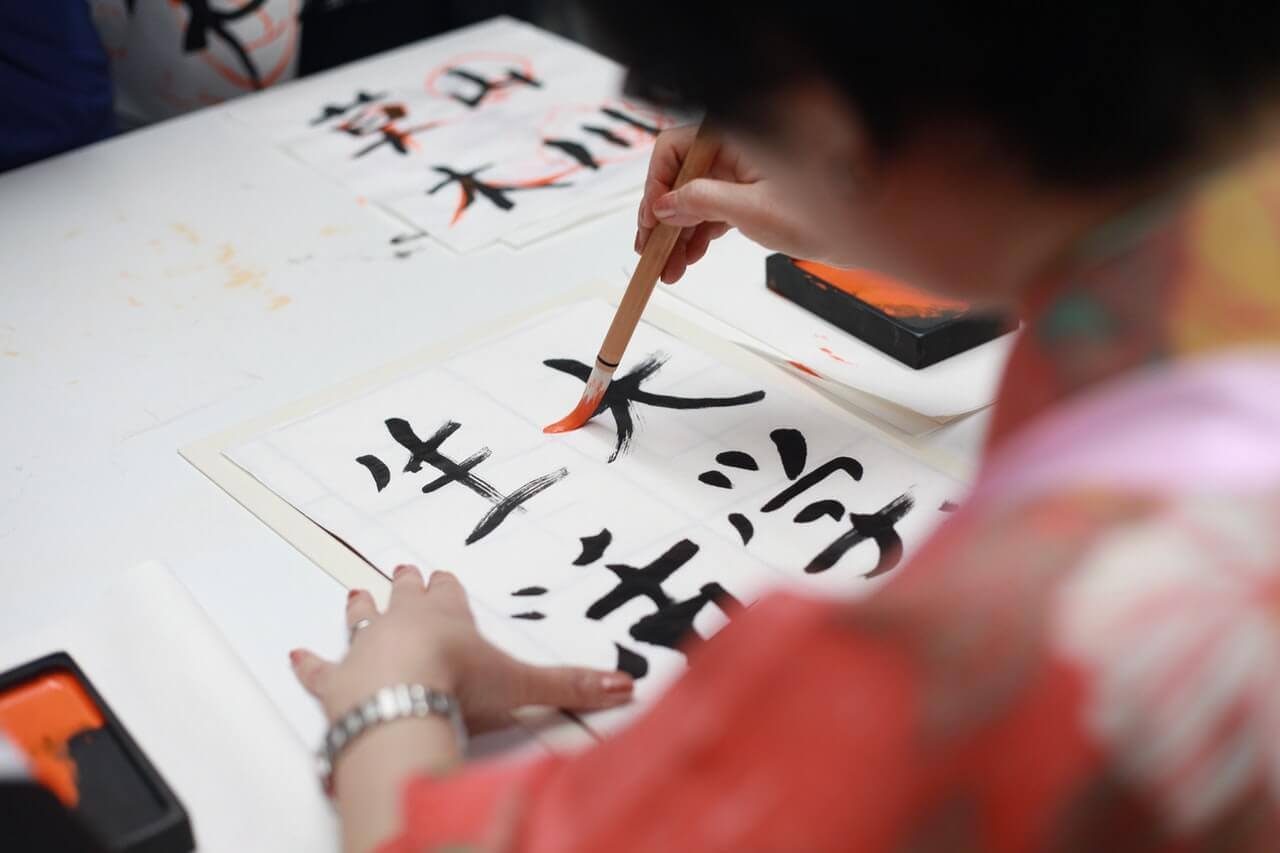
Today I'm sharing a very special guest post. You may be wondering from the rather dry sounding title - "tips for planning a trip to Japan" - what is so special about this post, but I will reveal all. Japan is a country I've long wanted to go to and yet haven't really felt brave enough to actually travel there. Rightly or wrongly, I have a lot of fear about the cultural and language barriers I may experience in Japan, and I'm also embarrassed about how little I know about what to see and do once I am there, other than you know, eat all the sushi. I know I could read a guidebook (and I am sure when the time comes I will) but even that feels like too overwhelming a way to plan a trip to Japan. Instead I'd rather someone just outline the basic things to know before travelling to the Japan so I can have all the basics covered without too much effort.
So when Chelsea from The Portable Wife offered to write a guest post for me and she suggested writing about planning a trip to Japan and the tips and advice she'd give to a first time visitor to Japan, I bit her hand off... or whatever the email equivalent of that is. And these tips are exactly what I needed to read. From essential Japanese vocabulary to learn to what you should and shouldn't do in terms of etiquette,and from how to get around the country to some ideas for planning an itinerary, these tips for planning a Japan trip have got me feeling brave enough to go there as soon as my kids are old enough to remember it.
Now over to Chelsea and her fantastic advice for helping you plan your travels in Japan.
Tips for Planning a Trip to Japan
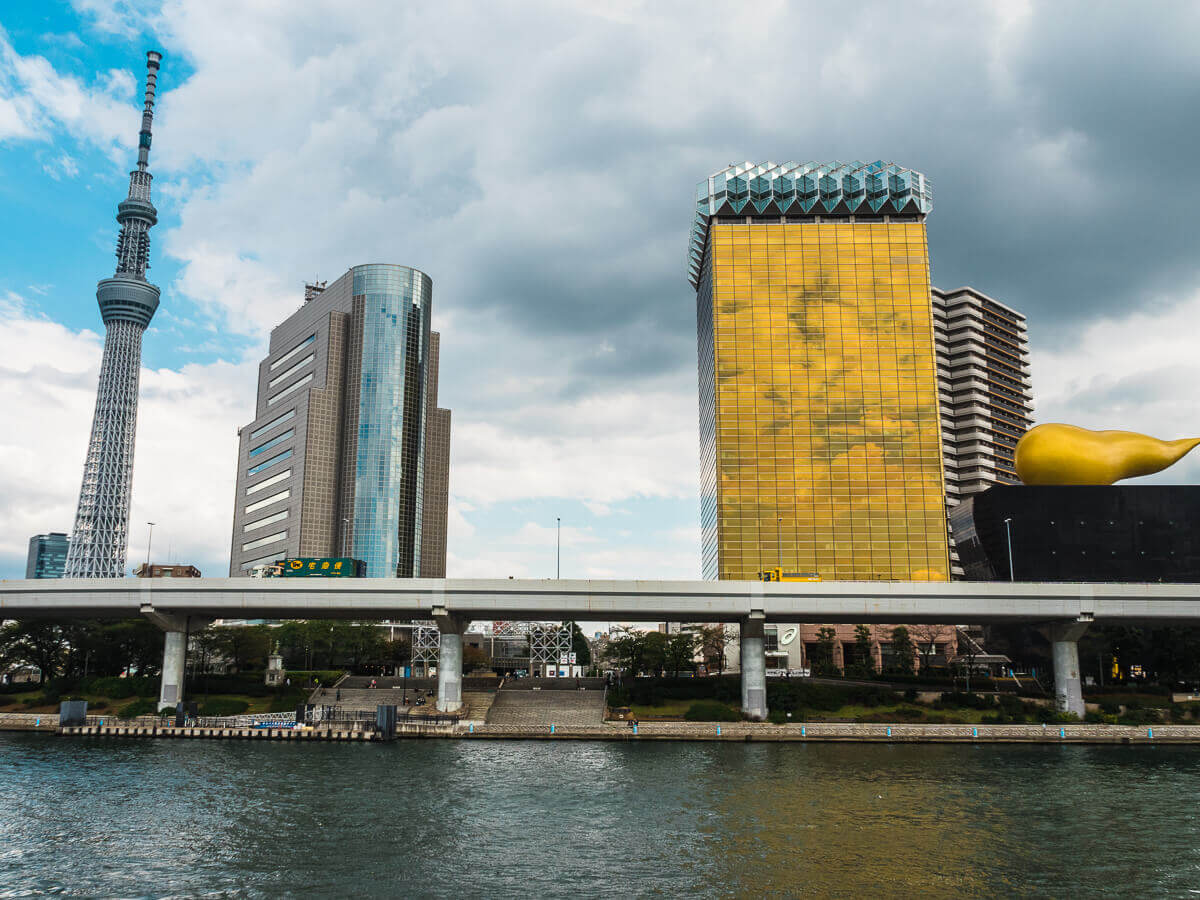
If the idea of traveling to Japan sends a thrill down your spine, you've come to the right place! The Land of the Rising Sun is one of the world's most beautiful and diverse countries. But for many Westerners, a first time visit to Japan feels intimidating.
From the language barrier to the complex transit system, travelling in Japan is not without its challenges. However, with a few helpful tips, you can explore this incredible destination with relative ease.
Learn some Japanese phrases
People have mixed feelings about how much Japanese you should learn before your trip. While the major cities and tourist destinations are very English-friendly, you'll be far more comfortable with a few travel phrases under your belt.
Google Translate will be your best friend in Japan. The camera feature can translate Japanese characters right on your screen, which will come in handy more often than you realize. If you've ever tried working a TV remote or thermostat in a foreign language, you'll find Google Translate to be pure magic.
When you download the app, add the Japanese dictionary for offline use. Then, simply add the phrases below to your phrasebook, and you can access them any time. You can even play the audio recordings to help with pronunciation!
Yes – Hai (hi)
No – Iie (ee-eh)
Hello – Konnichiwa (cone-nee-chi-wa)
Thank you – Arigatou Gozaimasu (a-ree-ga-toe go-zeye-mus)
Good morning – Ohayo (oh-high-yo)
Good evening – Konbanwa (cone-bahn-wa)
Excuse Me – Sumimasen (su-me-mah-sen)
Do you understand English? – Eigo ga hanasemasu ka? (ay-go gah ha-nah-say-mas kah)
Sorry, I don’t understand – Sumimasen, wakarimasen (sue-me-mah-sen, wah-kah-ree-mah-sen)
What do you recommend? - Osusume wa nan desu ka? (oh-sue-sue-may wah nahn des kah)
(I’d like) this, please – Kore o kudasai (koh-reh oh koo-dah-sigh)
Can I have the bill, please? – Okanjo o onegaishimasu (oh-kahn-jo oh oh-neh-guy-she-mas)
Know the different types of Japanese accommodation
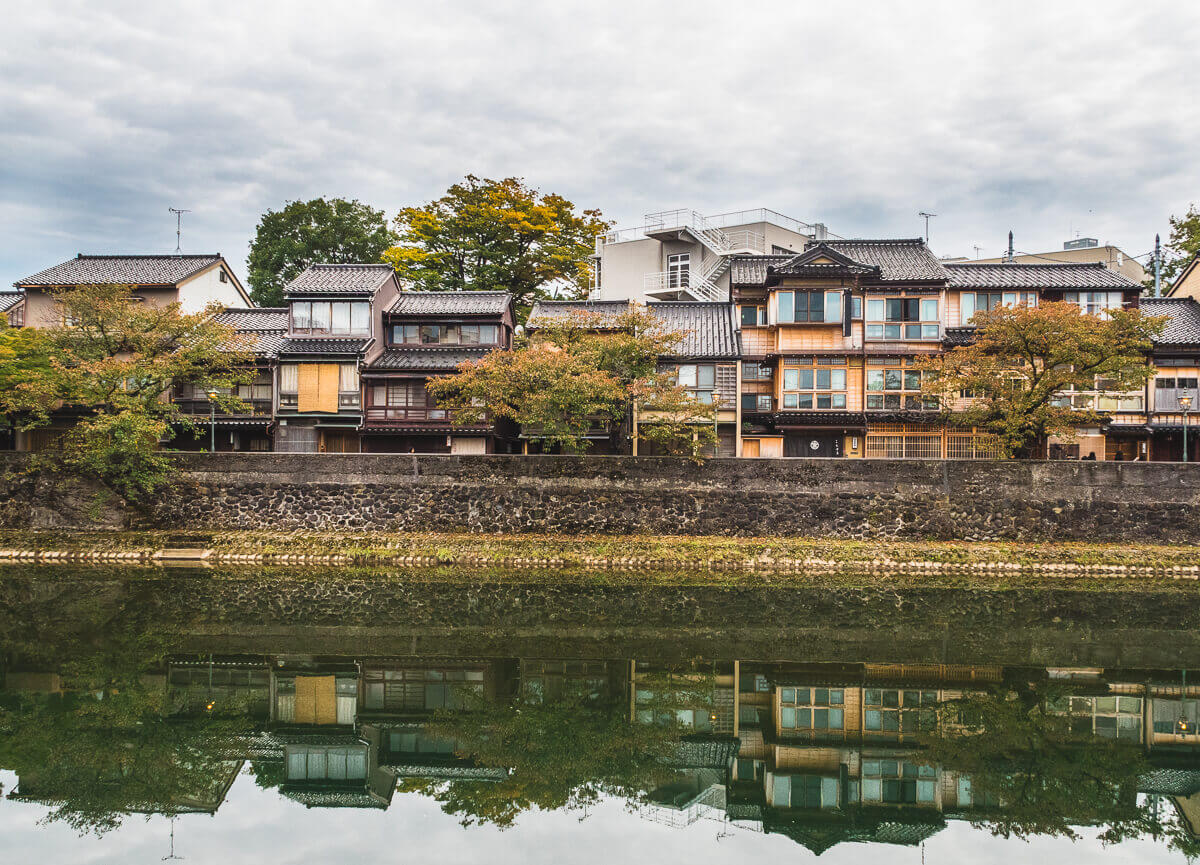
From capsule hotels to traditional inns, Japan a wide range of accommodations to suit every budget. Here are the main options you should know about when you plan a trip to Japan, listed from least to most expensive:
Manga Cafe: For the extreme budget traveler. Many manga cafes rent sleeping spaces by the hour, though you won't have much privacy or comfort. Amenities range from nothing more than a floor mat, to community showers.
Hostel: The backpacker's standby. Hostels in Japan offer a bed (or futon) and communal bathroom and living spaces. Some also have communal kitchens.
Capsule Hotel: A budget alternative for the non-claustrophobic. Guests get their own private sleeping capsule, which is essentially a bed and maybe a little shelf. Bathrooms are communal.
Love Hotel: Where couples go to have a good time. If you're not bothered by the regular clientele, love hotels offer private, comfortable rooms for a good price.
Business Hotel: For the traveller who cares about privacy but not space. Business hotel rooms are just like regular ones, only much smaller. Not a bad option if you won't be in your room very often.
Standard Hotel: Your typical accommodation. Note that Japanese hotel rooms are often smaller than Western ones. If you need a spacious bedroom, narrow your search for Western-style hotels.
Ryokan: The traditional Japanese inn experience. You'll be sleeping on a futon, sipping tea in your tatami room, and soaking in a wooden tub. A room in a ryokan can run anywhere from a couple hundred dollars a night to well over $500.
Bring the right clothing for your itinerary
When it comes to packing for Japan, the most important thing to consider is your itinerary. If you'll be traveling cross country or heading into the mountains, bring things you can layer. Temperatures can vary dramatically from city to city, so check the forecast for every place you will visit.
Also, Japan is a somewhat conservative country when it comes to clothing. Bare shoulders and midriffs are uncommon, and would be out of place at a shrine or temple.
Finally, always wear or carry a pair of socks. Historic buildings, religious sites, and even restaurants sometimes require guests to swap their shoes for slippers. And going barefoot in borrowed slippers is not cool.
Pick up a Japan SIM card or pocket WiFi to stay connected
Having mobile network data in Japan is a must to help you know where you are. Streets are not labelled clearly like in Western countries so getting around on public transport or walking is much easier with Google Maps.
Unfortunately, many Western phones and carriers won't work in Japan. If you have an unlocked (i.e. non region-locked) smartphone, you can rent or buy a Japan SIM card when you arrive. They even have vending machines in the airports that sell them with prepaid data!
If your phone is region-locked (like many US phones), you'll need a pocket WiFi for mobile internet access. You can rent these handy devices from airport counters or order them online for delivery in Japan.
Always carry cash on while travelling in Japan
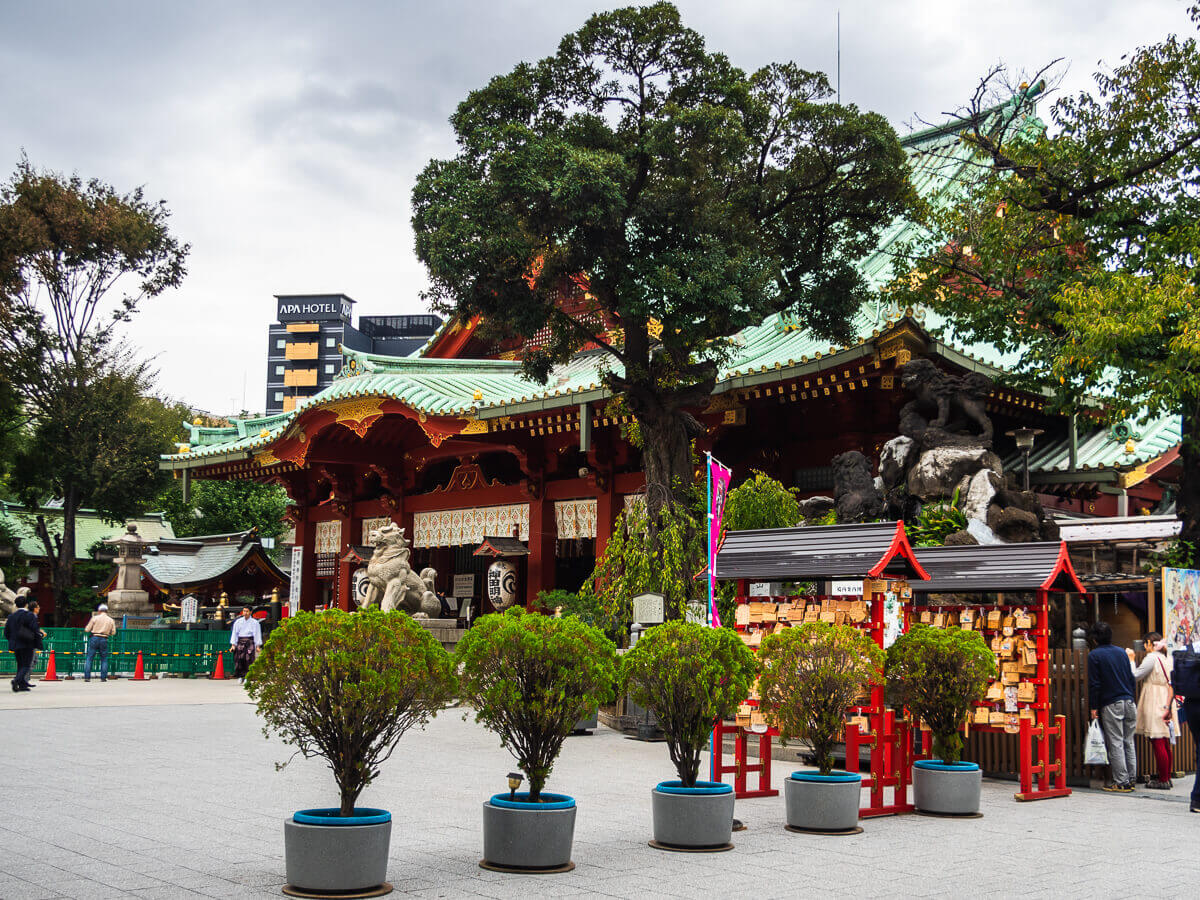 Despite its modern reputation, cash is still king in Japan. Even in Tokyo, you'll find shops and restaurants that only deal in yen.
Despite its modern reputation, cash is still king in Japan. Even in Tokyo, you'll find shops and restaurants that only deal in yen.
Get yourself a coin purse, because yen goes up to 500 (about $5) before paper money kicks in. Also, when paying in cash, always place your money in the tray on the counter. Most cashiers won't take it directly from your hand out of respect.
As for getting cash, not all ATMs will take foreign cards. Instead of trying your luck at random machines, look for the green 7-Bank ATMs. You'll find them in convenience stores, major train stations, and all the airports. The Japan Post Office ATMs also take foreign cards.
Buy an ICOCA card for using Japanese public transport
Many of Japan's bus, train, and subway lines use contactless cards--ICOCA or IC for short--in lieu of tickets or coins. Simply load money on your card, tap in at the gate reader, and tap out at the station exit.
You'll find IC machines at most stations, and they are easy to operate. Nearly all have English menus. However, some machines are cash-only, so come prepared. When you buy your first card, a 500 yen deposit will be added to whatever amount you load.
There are different brands of IC card, from Suica in Tokyo to Pasmo in Kyoto. However, the major IC cards will work in other cities. So, there's no need to pick up a new IC card in Osaka if you still have money on your Suica from Tokyo.
You can even use IC cards at vending machines and convenience stores! It's a great way to use up excess balance before heading home.
Be strategic when buying a Japan Rail Pass
If you're traveling to multiple cities in Japan, the Japan Rail Pass can save you tons of money. For a flat fee, you can get around Japan via bullet train and some local transit systems. However, you should do some research and planning before dropping $200+ on a pass.
First, consider your itinerary. If you'll only be travelling in Tokyo and maybe one close day trip, the pass isn't worth it.
Second, choose the right length of time and activation date. The pass comes in 7 day increments, and you can choose to activate it for a future date. If you're strategic, you can buy a 7 day pass for a 10 day trip and still get tons of value.
Finally, look into regional rail passes as an alternative. If you're spending your entire first time Japan visit in the Kansai region, it's cheaper to get the Kansai Thru Pass instead of the JR Pass.
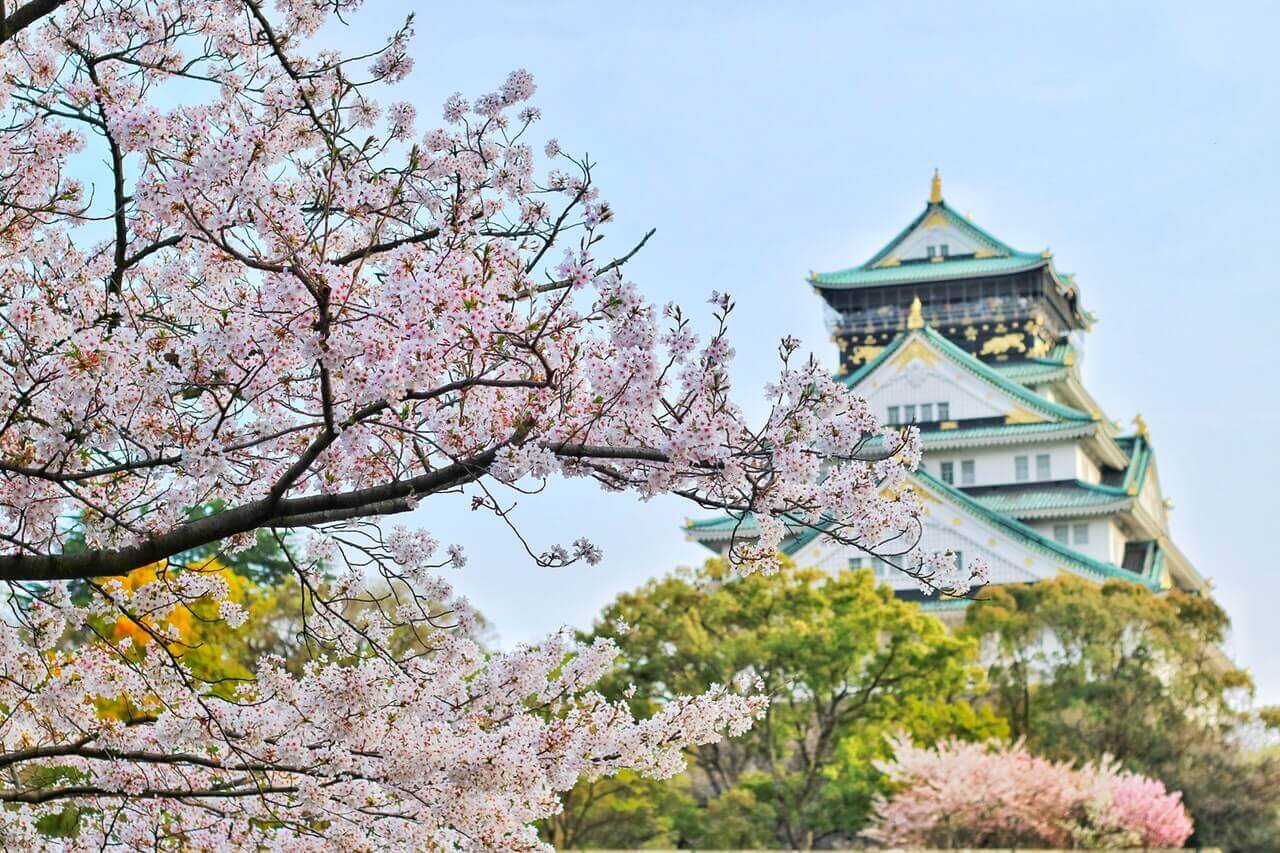
Don't stress about finding the "best" restaurants
Eating amazing food is priority number one for many Japan visitors. Luckily, the country's commitment to quality really shows in its restaurants.
It's nearly impossible to have a bad meal in Japan. From cheap curry shops to Michelin-starred sushi counters, you'll be blown away by the taste and presentation of each dish. This means less time searching for the best places to eat, and more time exploring.
While you're here, sample the local cuisine. Go to Tokyo Ramen Street for delicious bowls of noodles and broth. Try handmade soba in Nagano's mountain towns. And definitely splurge on a kaiseki dinner in Kyoto.
Never leave a tip
Speaking of restaurants, it's important to not leave a tip in Japan. Yes, you read that right: tips are not part of Japanese culture. If you leave money on the table, your server will chase you down and return it.
This rule includes taxis, hotels, and any other situation you'd normally tip for in the US.
Bring hand sanitizer wherever you go
Even in major cities, you won't always find soap in Japan's public restrooms. Thus, you should keep a small bottle of hand sanitizer in your bag or pocket when traveling. It's never fun to use a squat toilet and not be able to clean your hands afterwards.
Learn to love Japanese convenience stores
There's a reason that konbini--convenience stores--are beloved in Japan. Unlike the low-grade offerings in Western convenience shops, Japan's konbini serve truly tasty food and drinks.
Lawson's, Family Mart, and 7-Eleven are the most common konbini, and you'll find them all over Japan. In Tokyo, there's a konbini on nearly every block, and some are open 24 hours. If you're visiting Japan on a budget, convenience stores will be your best friend.
Destinations for a First Time Visit to Japan
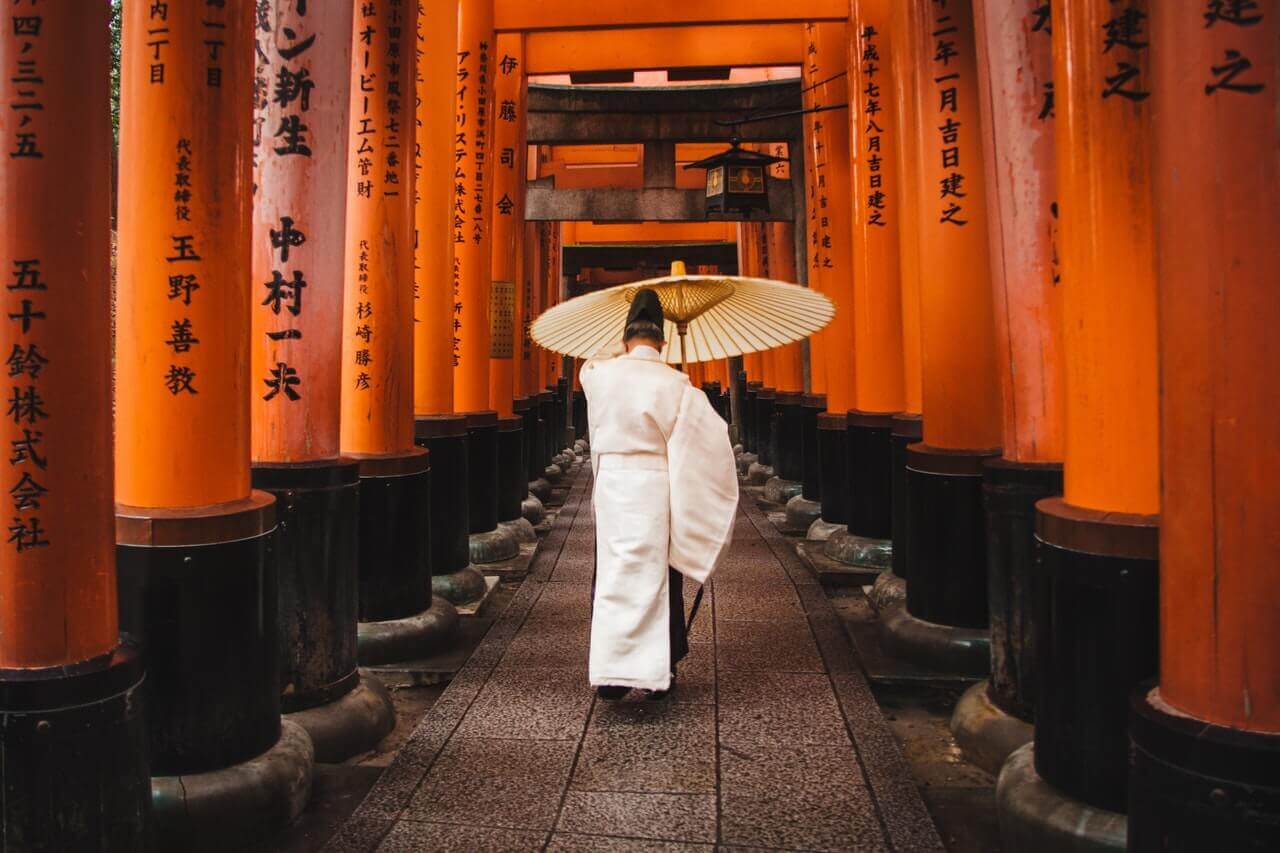
Kanto Region
Situated in southeastern Honshu, Kanto is home to Japan's most popular destinations. If you have a week to spare, you could easily spend 6 days in Tokyo. Then, take a day trip to see ancient temples in Kamakura, or to Hakone for breathtaking views of Mount Fuji.
Chubu Region
Nature lovers will find plenty to enjoy in this central Honshu region. Here, the Japanese Alps offer diverse natural landscapes and relaxing mountain towns.
Whether you're after autumn hiking in Kamikochi or snow money encounters in Jigokudani hot springs, you'll find plenty of things to do in Nagano prefecture.
Further north in Gifu prefecture, you'll find UNESCO heritage site Shirakawa-go, a charming mountain village with thatched roof cottages.
And if you love old Japanese architecture or samurai history, a day trip to Kanazawa is a must.
Kansai Region
Located in South West Honshu, Kansai is home to Japan's most photo-worthy destinations. Spend a few days exploring Kyoto's gorgeous alleys and temples, including the famous golden Kinkaku-ji.
From here, it's a short train ride to the magical Arashiyama bamboo grove and orange torii gates of Fushimi Inari shrine.
Animal lovers must take a day trip to Nara, where sacred deer roam the streets and temples.
And don't miss the vibrant Osaka, where street food reigns supreme.
Additional Resources for Planning a Trip to Japan
Hyperdia: Use this transit planning website (and mobile app) to navigate Japan with ease.
Official Japan Rail Pass Website: Everything you need to know about the JR pass, including prices and valid train routes.
Tabelog: The Japan equivalent of Yelp for finding restaurants and making reservations.
About the Author (and your Japan trip planner!)

Chelsea is from the USA but is currently living in London. She shares detailed guides for international travel and expat life on her blog, The Portable Wife.
Thanks so much Chelsea for a brilliantly concise and helpful guide that I'm sure well help many people planning a trip to Japan. If you'd like to save or share this post, below are some images you can pin:
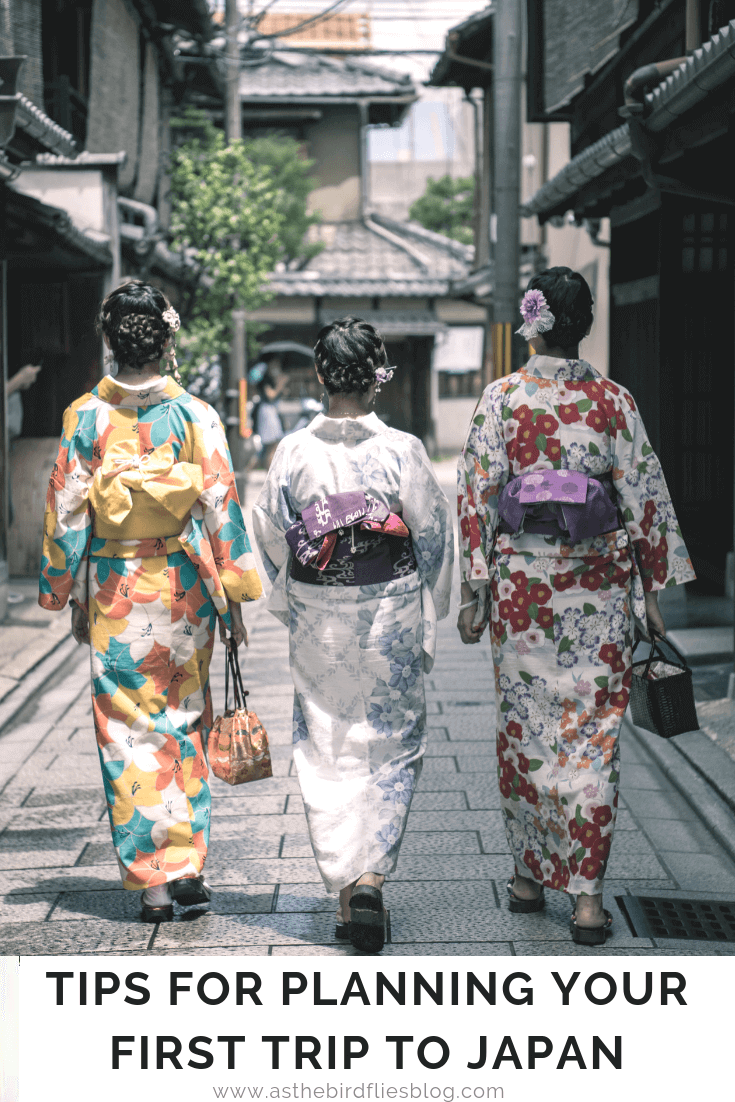
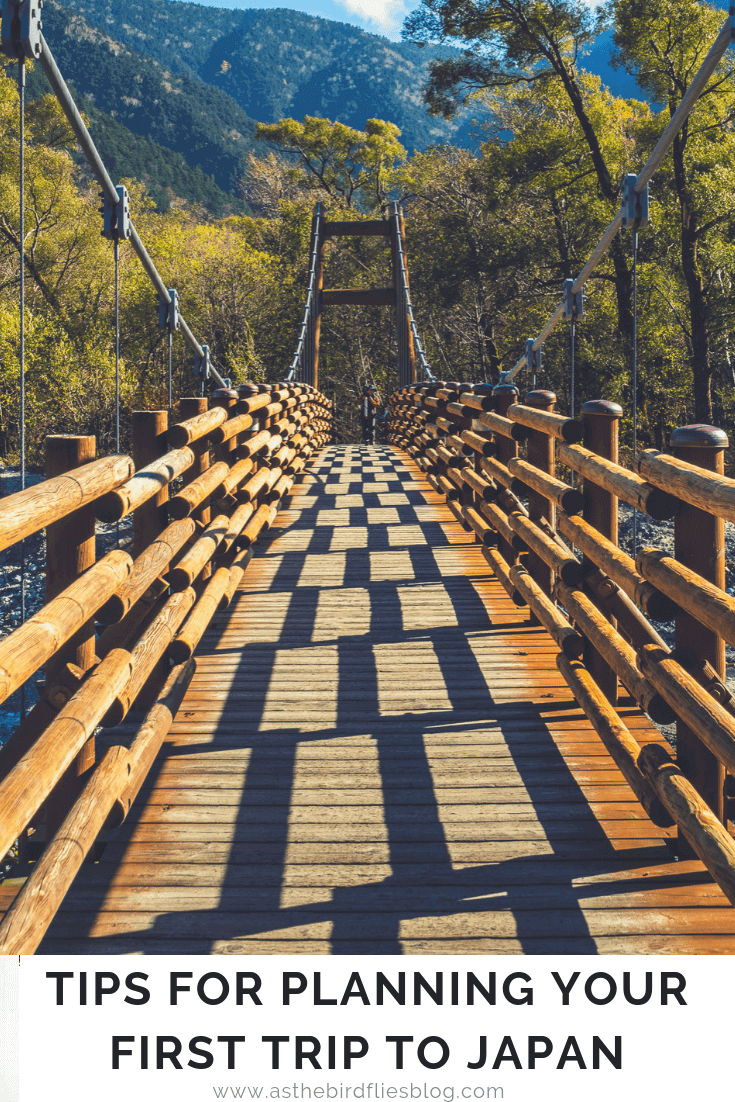
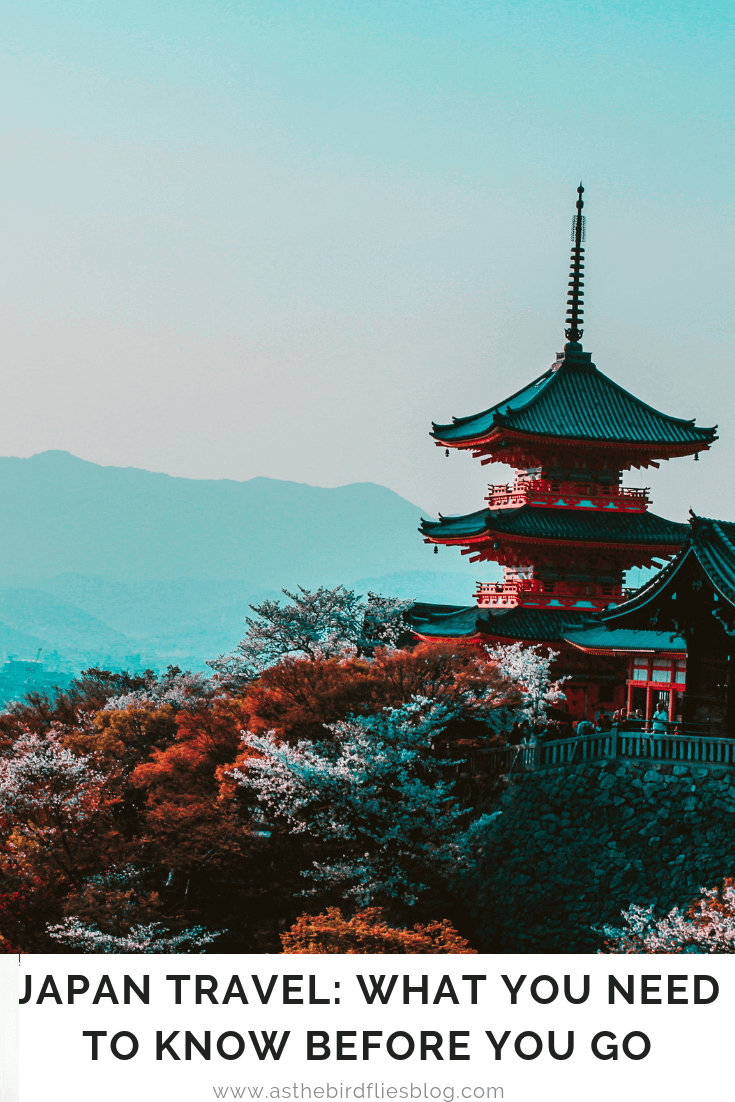

Frances M. Thompson
Find Frankie on Facebook, Twitter, Instagram, Pinterest, and Google+.
 Family Travel: How to Travel with Kids - My Golden Rules
Family Travel: How to Travel with Kids - My Golden Rules_x300.jpg?v=1) Amsterdam Travel: Best Luxury Hotels in Amsterdam - Reviewed!
Amsterdam Travel: Best Luxury Hotels in Amsterdam - Reviewed!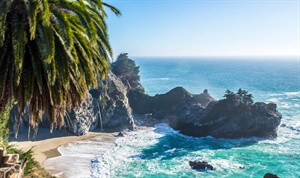 Solo Luxury Travel: Best Caribbean Islands for Solo Travellers
Solo Luxury Travel: Best Caribbean Islands for Solo Travellers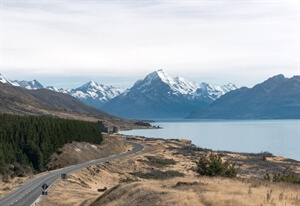 New Zealand Travel: 51 Interesting Facts About New Zealand Aotearoa
New Zealand Travel: 51 Interesting Facts About New Zealand Aotearoa Amsterdam Travel: Accessible Travel Guide for Amsterdam
Amsterdam Travel: Accessible Travel Guide for Amsterdam About the Blog & Frankie
About the Blog & Frankie Welcome to My Amsterdam Travel Blog!
Welcome to My Amsterdam Travel Blog! Welcome to My Luxury Family Travel Blog!
Welcome to My Luxury Family Travel Blog! Welcome to My Writing Blog!
Welcome to My Writing Blog! Lover Mother Other: Poems - Out Now!
Lover Mother Other: Poems - Out Now! I Write Stories That Move You
I Write Stories That Move You Order WriteNOW Cards - Affirmation Cards for Writers
Order WriteNOW Cards - Affirmation Cards for Writers Work With Me
Work With Me